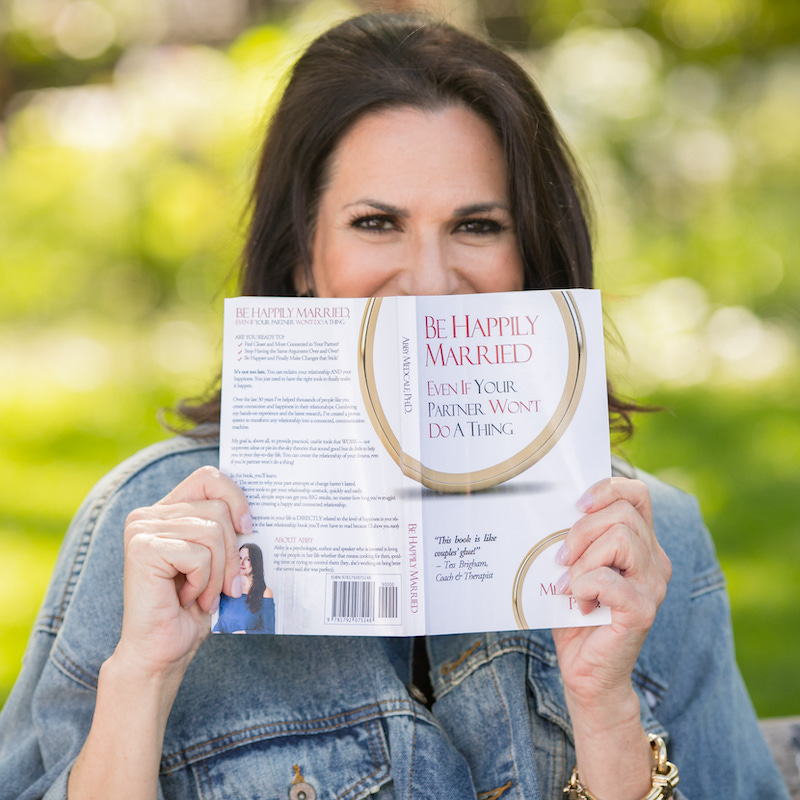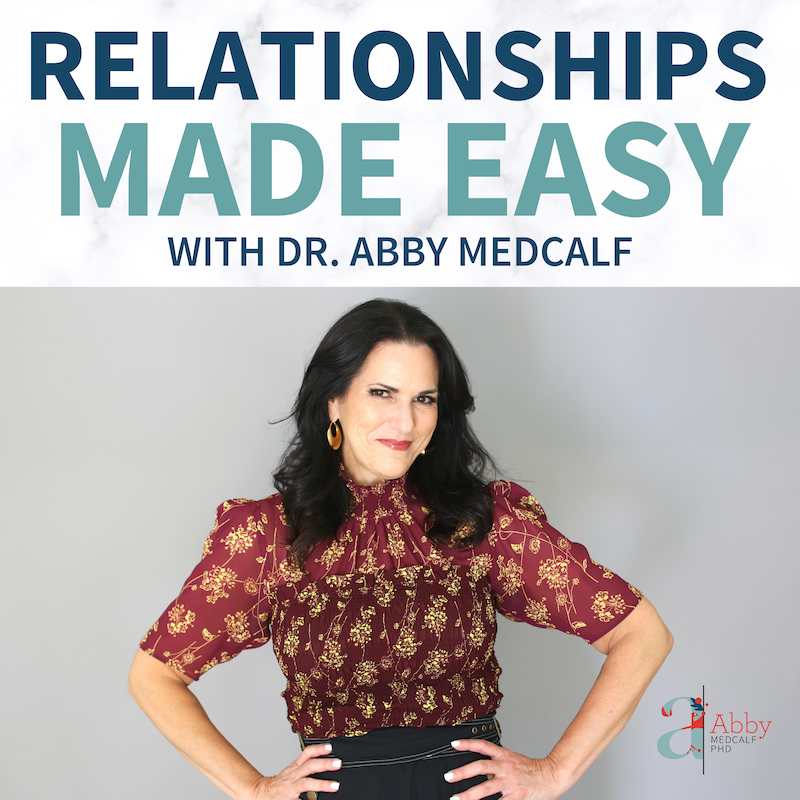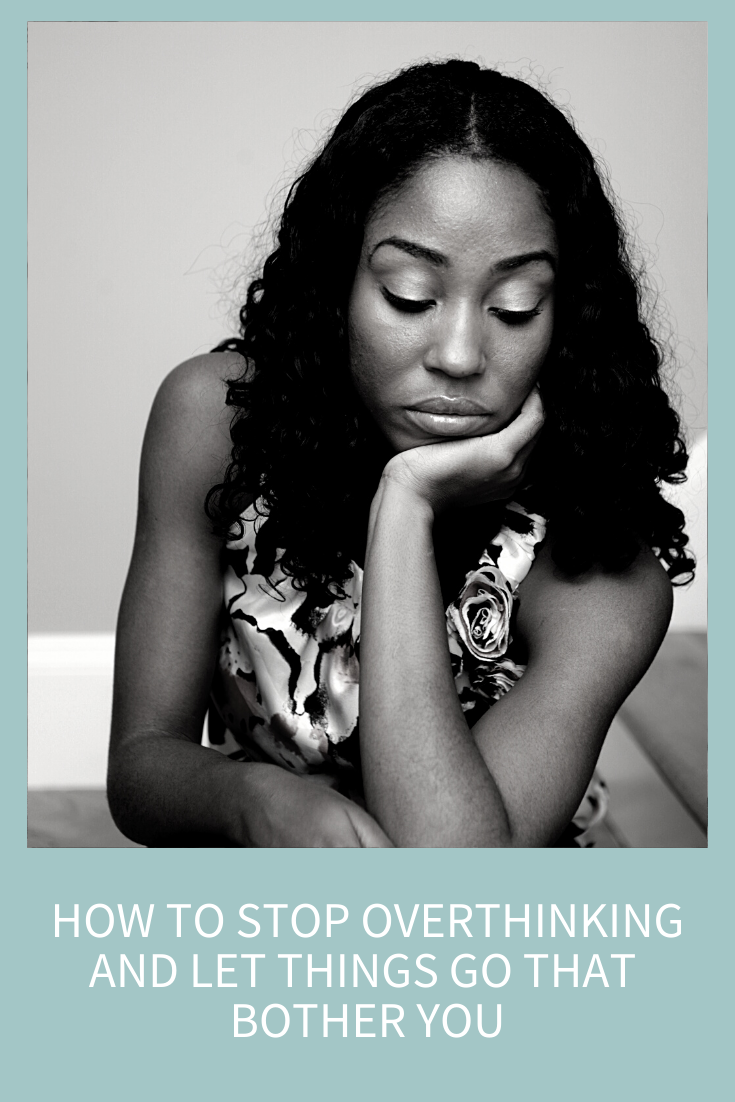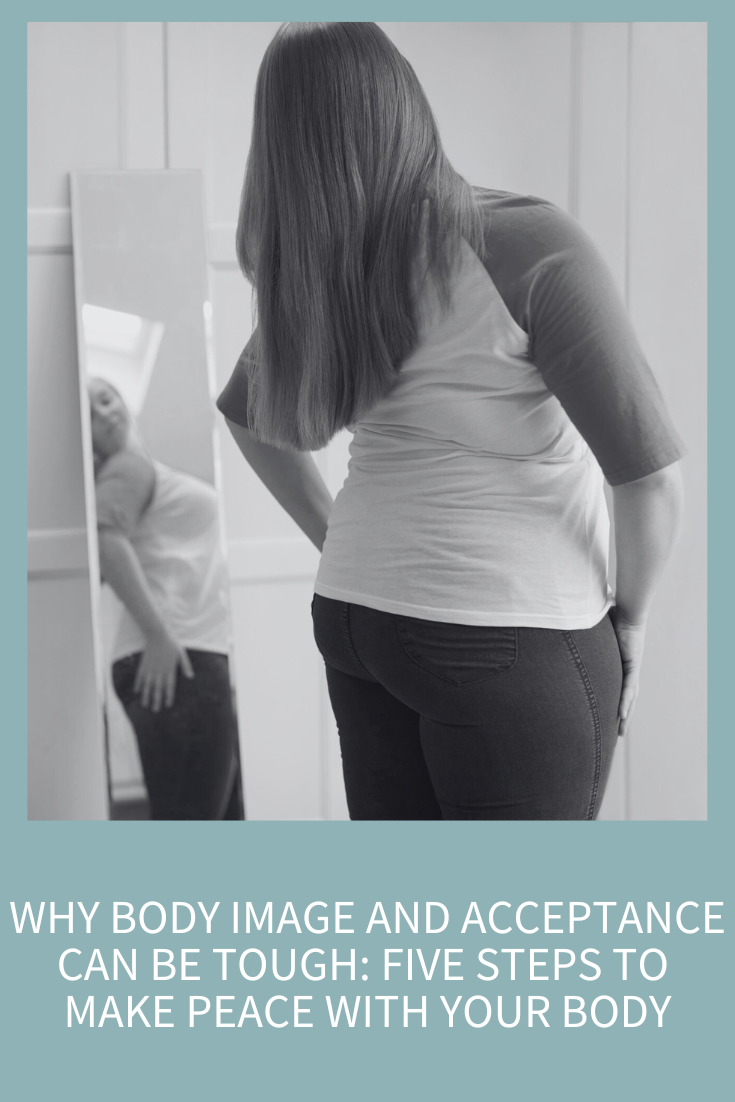
Today I’m going to teach you how to have a fair fight with anyone, whether it’s a partner, coworker or friend. I’ll teach you the reason why tools have failed in the past (there’s a secret here that’s not going to be a secret after today) and then I’m coming at you with my top 3 rules for having a fair, effective fight AND an awesome, easy tool you’ll be able to download to stop a fight in its tracks!
Fights vs Disagreements
First, I hate that word: fight. As soon as you hear that term you think of two boxers in a ring and you know that someone’s gonna win and someone’s gonna lose. And you don’t want to lose. So, you immediately become more adversarial than you need to be because you want to win, and you want “them” to lose, even if “them” is your dear old mother, your partner or your kid. The whole thing is set up to fail.
There are fights and there are disagreements and I want to separate those right now because what you’re initially going to do for an unplanned fight is different than what you’re going to do for a planned meeting to discuss a disagreement.
A disagreement is when you notice something is off or you’re pissed off or frustrated about something and need to have a chat with someone to resolve it. It’s when you don’t like how Marsha in sales is treating you and you want to talk to her about it. It’s when you and your partner have different views on what school your kid should go to, so you have a discussion after the kids are in bed. These are disagreements. Maybe they even started with a fight, but now you’ve thought about some things and want to go back and have a discussion.
I’ve done other episodes about coming to consensus and how to never fight with your partner again. Today I want to talk about what to do when you’re having a fight.
A fight happens when you lose your shit in a moment. It usually comes out of nowhere and rockets very quickly into ugly territory. It’s often a small thing that turns into a huge thing. You know, when you used the last of the toilet paper and didn’t replace the roll? Or when you didn’t text when you said you would or when you forgot to bring little Bobbi’s cleats to the baseball field?
One minute you’re asking if there’s any milk and the next minute you’re talking about divorce.
The Secret Reason This Happens
The reason you or anyone else can turn a nothing thing into WW3 is because your brain has been hijacked.
When your brain’s been hijacked you can’t remember all those great Abby tools! You don’t think about what you learned in couples’ therapy! You don’t realize that you’ve gone from being asked to correct a mistake on a report to quitting your job. You only know that you’re seeing red and reacting. Later, you’ll ask yourself, “What the hell’s wrong with me?! What was I thinking? Why did I react that way?” But, in the moment, all you could do was blow up.
What happened? Well, you’re having a biochemical reaction. The reason you can’t think clearly is because you have to address the physical reaction you’re having first. Then, and only then, can you address the fight and calm your ass down.
So, What’s Happening to My Brain, Abby?
When you have a fight with anyone, your brain perceives this as a threat. It doesn’t matter that the fight was about your sock being on the floor, your brain still sees these seemingly inconsequential things as acts of terror.
When we feel threatened it’s common to experience something called emotional flooding. This is basically when we’re overwhelmed by some strong emotion which hijacks our brain. This is why you feel like you “just can’t help” how you’re feeling, and you lash out, become hysterical or cry uncontrollably.
Your amygdala and your fight, flight, freeze response takes over and that’s literally all you can do in that moment. When your amygdala is turned on, the rational, thinking part of your brain can’t be accessed – hence, forgetting all those great tools you learned in that workshop last week. Your system gets flooded with stress hormones like cortisol and epinephrine (also known as adrenaline) while your brain goes on high alert for any and all threats (like the toilet seat being in the wrong position).
Think about your “natural tendencies” when you fight and you’ll see that you either fight, flee or freeze.
If you’re a fighter, you’ll argue to the death. Maybe you lose your temper, follow your partner around the house even though they try to get away from you, get into Bob’s face at work or always need to have the last word.
If you’re a flight or flee person, you likely try to avoid conflict altogether. Maybe you’re quick to grab a drink or do some retail therapy when you’re upset. You might just withdraw and jump on that video game, go for a run or brush things under the rug as quickly as possible.
If you freeze, you ignore or dismiss what’s happening completely. You’re a master of procrastination until the point that no decision becomes your decision. If confronted, you give the “yes dear” response, shoulder shrug or just agree so the other person will stop bugging you.
Getting out of these types of responses is critical. Again, when you’re doing any of these things you’re not doing your best thinking because that part of your brain isn’t even working! The judgment, compassion, rationality, appreciation, openness, and problem-solving part of your brain is turned off.
To turn the thinking part of your brain “on” you’ve got to do the following:
- Be mindful in the moment so you know this is even happening! I’ve got tons of stuff on how to easily make being mindful a part of your life.
- Then you can do any one of a number of things to get your thinking, rational brain turned back on:
- You can say “yes” first
- Do a grounding exercise
- Use one of my 3 tips to calm yourself in seconds
- Use a wake-up word. This is one of the quickest, easiest ways to get your brain from the fear side to the rational side when you’re in an argument. It’s a neuro linguistic programming (NLP) technique and I’ve been successfully using it with clients (and in my own home) for decades. Because I love you, you can watch the video right here or download it below.
Now that we’ve got your fight/flight/freeze reaction turned off (or at least kept at bay), you can use the problem-solving part of your brain to effectively fight.
Having a Fair, Effective Fight
Fighting fair will serve you well in all the relationships in your life. Research has found that one of the biggest predictors of divorce isn’t whether or not a couple fights, but how they fight. Children who feel heard by their parents, even when they don’t agree, are more likely to follow their parent’s directives and have less behavioral issues. And resolution or de-escalation of workplace arguments have been correlated with higher employee satisfaction, creativity and productivity.
No matter how you slice it, you want to get better at this to improve all your relationships and your happiness in your life.
So, let’s get down to the rules of having a fair, effective fight:
Rule 1: Focus on the What, not the Who
Focus on what you’re fighting about and not the person you’re fighting with. This means:
- Talk about here and now; not last week, not last year. Stick to this one issue and don’t let it bleed into other problem areas. One thing at a time.
- Don’t use always or never language
- Don’t use “you” language
- No name calling or diagnosing (“You’re mean; you’re depressed; you’re X”)
Rule 2: What Else are You Feeling?
Ask yourself, “What else am I feeling besides anger, resentment or frustration?” Name at least one emotion beneath your anger. Author Celeste Ng says, “Anger is the bodyguard of fear.” What are you afraid of?
Now’s a good time to remember my formula for rage. Rage = anger + helplessness. You could ask yourself, “What am I feeling helpless about?”
In general, focus on feelings not thoughts. Feelings connect; thoughts disconnect. Since you have to connect to correct, it means you’ve got to keep coming back to feelings and not the “facts of the case.”
Rule 3: Be Curious and Be Solution-Based
I say this a lot. You’ve got to be curious in any fight. Don’t go in with your mind made up. Think of it as brainstorming.
If things have escalated to this point it means it’s something that hits very deep for both of you. Take a moment and be curious with yourself and the other person. You’ve got to find the space to listen like you’re wrong.
Set an intention to find a resolution together. Not of compromise but of a new solution you haven’t even conceived of yet (because it needs to come from both of you).
Rule 4: I Lied About Three Rules
I’m going to cheat a little now because I only wanted to have three rules and these are a bunch of other little things to keep in mind and I’m grouping them all together here and asking you to pretend you didn’t notice.
- Once you start repeating, or going around in circles, you’ve got to stop.
- Ask more than you state. Don’t S.A.C. (make Suggestions, offer Advice, or Criticize) and focus on asking questions.
- Don’t fight with an audience and don’t include others in your disagreement. When you speak to other people about a problem with someone, you’ll get 20 different opinions. If you’re talking shit about your partner, you’ll turn your friends and family members against them. Then, you might forgive something but your family won’t! It’s the same at the office; don’t gossip and create a negative work environment. Speak to the person you’re pissed at only or a trained professional (counselor or HR).
- Don’t add booze or drugs to an argument.
- Never, ever engage in any violence, which includes throwing things, swearing at or threatening your partner.
- Apologize for Real
No matter what else, do your best to keep compassion, patience and kindness at the top of your list. The best outcomes always come from that place.










